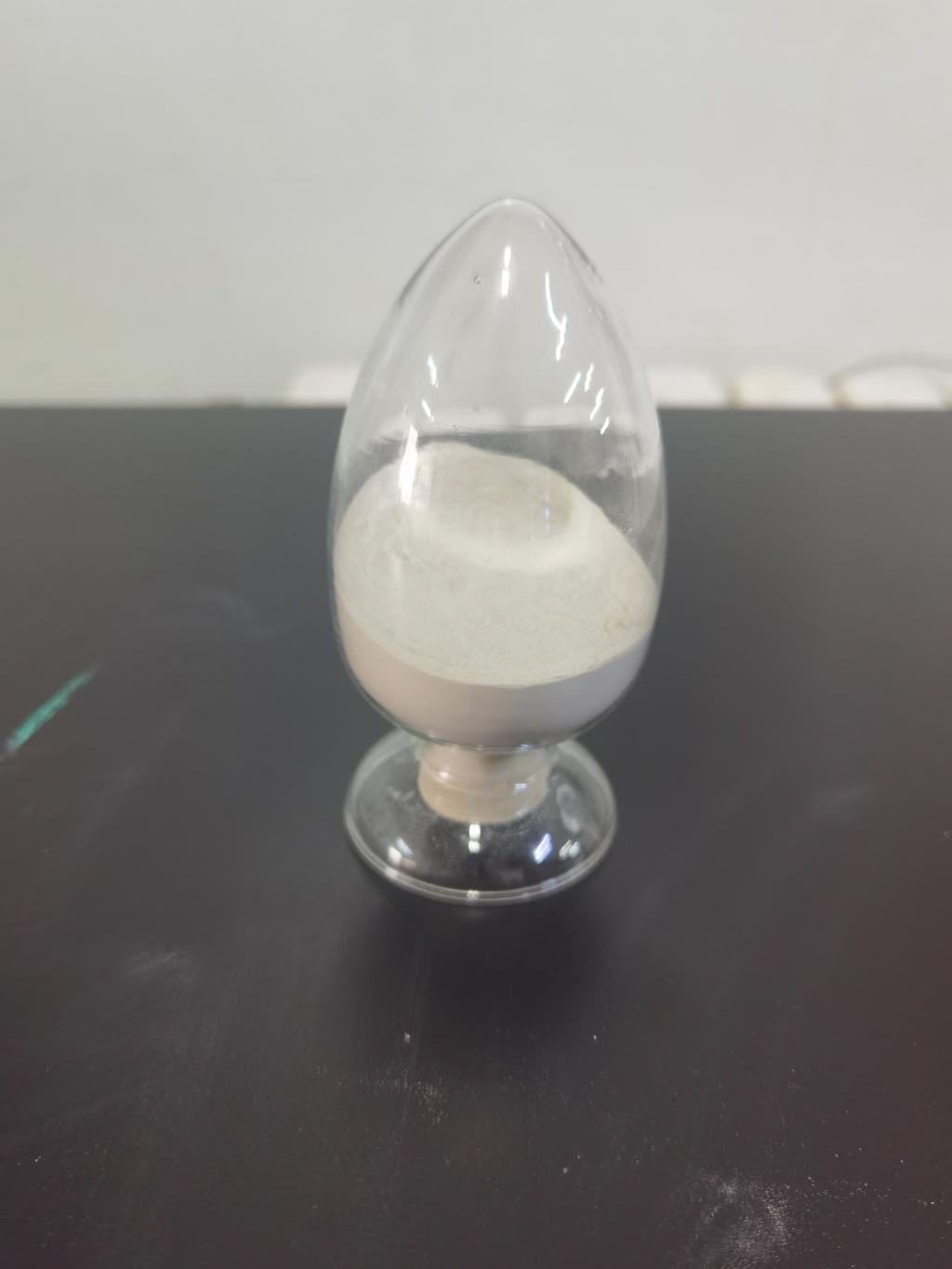Tel:+8618231198596

News
 CONTACT
CONTACT
 CONTACT
CONTACT
- Linkman:Linda Yao
- Tel: +8618231198596
- Email:linda.yao@dcpharma.cn
- Linkman:CHARLES.WANG
- Department:Overseas
- Tel: 0086 0311-85537378 0086 0311-85539701
News
Current Position:
Home >
News
>Does Nisin have any potential applications in veterinary medicine or animal feed?
Does Nisin have any potential applications in veterinary medicine or animal feed?
TIME:2023-07-25
Introduction
Veterinary medicine plays a crucial role in safeguarding animal health, welfare, and productivity. Infectious diseases caused by pathogenic bacteria pose significant challenges to animal husbandry. The emergence of antibiotic resistance further complicates disease management. As a result, there is a growing need for alternative antimicrobial agents. Nisin, a naturally occurring antimicrobial peptide, is gaining attention for its potential applications in veterinary medicine and animal feed to address these challenges.
Nisin: An Overview
2.1. Structure and Production
Nisin is a polycyclic antimicrobial peptide consisting of 34 amino acids. It is produced by certain strains of lactic acid bacteria, notably Lactococcus lactis, through a fermentation process. The peptide undergoes post-translational modifications, resulting in its bioactive form.
2.2. Mechanism of Action
Nisin's primary mode of action is its interaction with bacterial cell membranes. It binds to lipid II, an essential precursor molecule involved in cell wall synthesis, leading to the formation of pores and membrane disruption. This disruption causes the leakage of cellular contents and eventual cell death. Nisin's unique mechanism reduces the likelihood of bacteria developing resistance.
Applications in Veterinary Medicine
3.1. Nisin as a Topical Antimicrobial Agent
In veterinary medicine, Nisin has shown promise as a topical antimicrobial agent for the treatment of superficial skin infections and wounds in animals. Its broad-spectrum activity against various bacteria, including drug-resistant strains, makes it an attractive alternative to traditional antibiotics.
3.2. Intramammary Infusion for Mastitis Treatment
Mastitis, an inflammation of the mammary gland, is a prevalent and economically significant disease in dairy cattle. Nisin has demonstrated efficacy against mastitis-causing pathogens, such as Staphylococcus aureus and Streptococcus agalactiae. Research on using Nisin as an intramammary infusion for mastitis treatment is ongoing.
3.3. Oral Use for Gastrointestinal Infections
Gastrointestinal infections in animals can lead to reduced feed intake, growth, and overall health. Nisin's stability in acidic conditions makes it a potential candidate for oral administration to combat gastrointestinal infections caused by pathogenic bacteria.
Safety Considerations
4.1. GRAS Status
Nisin has generally recognized as safe (GRAS) status for human consumption by regulatory authorities, including the United States Food and Drug Administration (FDA) and the European Food Safety Authority (EFSA). This designation is based on extensive safety evaluations, although specific approvals for veterinary medicine and animal feed may vary.
4.2. Residue Concerns
When considering the use of Nisin in food-producing animals, potential residue concerns must be addressed to ensure compliance with maximum residue limits (MRLs) and withdrawal periods before animal products enter the food chain.
4.3. Allergenicity
While Nisin is considered safe for most individuals, it is essential to consider potential allergenicity in certain animals. Hypersensitivity reactions could occur in sensitive individuals, necessitating careful monitoring during initial use.
Nisin as a Feed Additive
5.1. Gut Health and Microbiota Modulation
Adding Nisin to animal feed has shown promise in improving gut health and modulating the gut microbiota. By targeting harmful bacteria and promoting a balanced microbial population, Nisin may enhance nutrient absorption and support overall animal health.
5.2. Growth Promotion and Feed Efficiency
Studies have indicated that Nisin supplementation in animal feed can positively impact growth performance and feed conversion efficiency. This effect is thought to be related to reduced microbial competition for nutrients and improved gut health.
5.3. Reduction of Feedborne Pathogens
Contaminated feed can be a source of infectious diseases in animals. Nisin's antimicrobial properties can help reduce the levels of pathogenic bacteria in feed, mitigating the risk of disease transmission.
Current Regulatory Landscape
The regulatory status of Nisin as a feed additive varies across different countries and regions. Regulatory authorities assess its safety, efficacy, and potential impact on animal health and the environment before granting approvals.
Future Perspectives
As research in the field of veterinary medicine and animal nutrition advances, further investigations into Nisin's applications are expected. Additional studies are needed to optimize dosage, treatment protocols, and develop new delivery methods to maximize its potential benefits.
Conclusion
Nisin, a naturally occurring antimicrobial peptide, holds significant potential in veterinary medicine and animal feed applications. Its broad-spectrum antimicrobial activity, coupled with its safety profile, makes it an attractive alternative to traditional antibiotics in managing infectious diseases in animals. Moreover, as a feed additive, Nisin may contribute to improved gut health, growth performance, and reduced disease transmission in livestock, further enhancing animal welfare and productivity. While challenges remain, ongoing research and regulatory support will likely pave the way for the safe and effective integration of Nisin into veterinary practices and animal production systems. By harnessing the power of Nisin, veterinarians and farmers can take a step forward in promoting sustainable and healthy animal agriculture.
- Tel:+8618231198596
- Whatsapp:18231198596
- Chat With Skype







